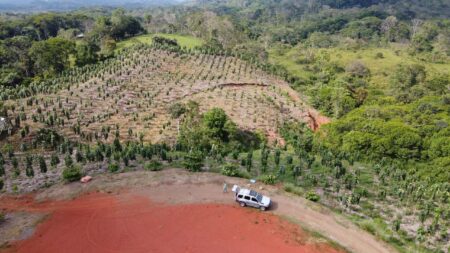The International Civil Aviation Organization (ICAO) has formalized a global agreement for addressing aircraft carbon emissions around the world. The guidelines include technical exemptions for small emitters – which the National Business Aviation Association (NBAA) believes will be important for business aviation.
The plan, called the Carbon Offsetting Reduction Scheme for International Aviation (CORSIA), will apply to flights between more than 60 countries that volunteered to participate from 2021 onward, with a view to capping international aviation emissions at 2020 levels. From 2027, participation by countries worldwide will be mandatory, based on their international aviation activity.
The technical exemptions for small emitters were developed in coordination with the International Business Aviation Council (IBAC), of which the NBAA is a member. Included among the provisions is a limitation that the carbon offset plan only be applied to operators producing more than 10,000 tons of carbon emissions while performing international flights between the participating countries. Domestic US flights will not be included.
Ed Bolen, NBAA president and CEO, said, “This agreement recognizes that business aviation is and always has been at the forefront of efforts to reduce the industry’s environmental footprint. We were early adopters of pioneering aviation technologies, including GPS, aircraft winglets and composite airframes, and as a result, are responsible for only a small fraction of the total aviation emissions.
“The next three years will be important, as countries evaluate compliance with the international carbon-offsetting standard. We expect that the Federal Aviation Administration (FAA), which will lead US efforts, will evaluate the impact of the agreement before finalizing plans that affect operators.”




